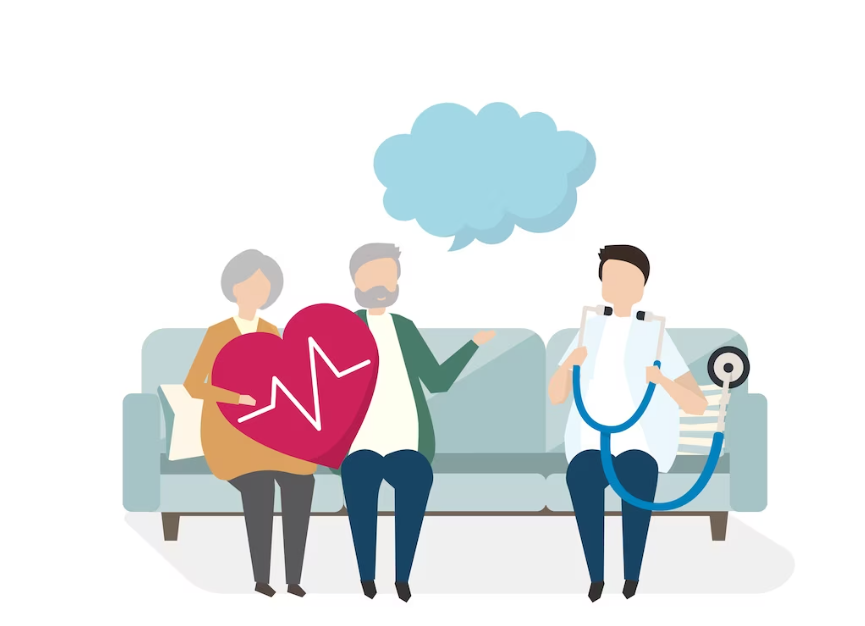
Holistic Approaches to Rheumatic Heart Disease Management: Integrating Complementary Therapies
Title: Taking a Holistic Approach: Integrating Complementary Therapies for Rheumatic Heart Disease Management
Rheumatic Heart Disease (RHD) management doesn’t solely rely on medications and medical interventions. Integrating complementary therapies can offer additional support in managing symptoms and improving overall well-being. Let’s explore some holistic approaches to RHD management and how they can complement conventional treatment.
1. Mind-Body Practices
Mind-body practices such as yoga, tai chi, and meditation can help reduce stress, improve relaxation, and enhance overall mental and emotional well-being. These practices can be beneficial for individuals with RHD in managing stress and anxiety, which can exacerbate symptoms and impact heart health.
2. Dietary and Nutritional Support
A balanced diet rich in fruits, vegetables, whole grains, and lean proteins is essential for heart health. Certain dietary supplements, such as omega-3 fatty acids, coenzyme Q10, and magnesium, may also have benefits for individuals with RHD. Consulting with a registered dietitian can help tailor a nutrition plan to meet individual needs.
3. Herbal Medicine and Supplements
Some herbal medicines and supplements have been traditionally used to support heart health and may offer additional benefits for individuals with RHD. However, it’s essential to consult with a healthcare provider before incorporating any herbal remedies or supplements into your treatment regimen to ensure safety and effectiveness.
4. Physical Therapies
Physical therapies such as massage therapy, acupuncture, and hydrotherapy can help alleviate muscle tension, improve circulation, and promote relaxation. These therapies may complement conventional treatments for RHD by addressing physical symptoms and enhancing overall well-being.
5. Stress Management Techniques
Stress management techniques such as deep breathing exercises, progressive muscle relaxation, and biofeedback can help individuals with RHD manage stress and anxiety effectively. By reducing stress levels, these techniques may help improve heart health and overall quality of life.
To seek medical advice, always consult a Doctor. Here are our recommended experts. Click here
To read more on Heart Disease . Click Here


